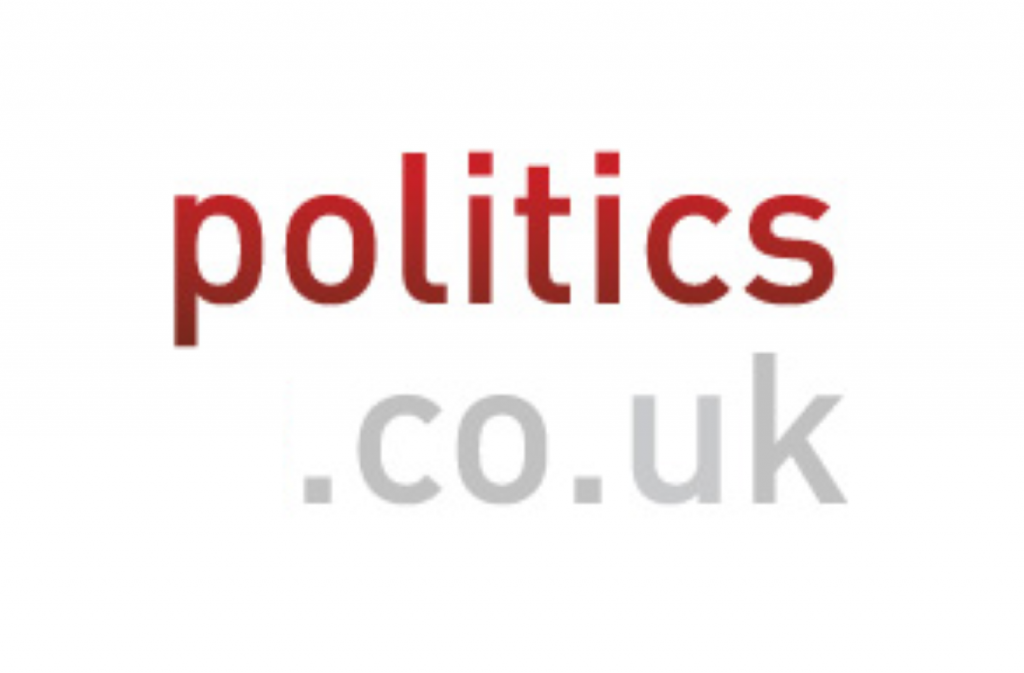Round one draws to a conclusion
The first act of the 2005 general election campaign concluded on Thursay, ahead of a short suspension of hostilities to take account of the funeral of Pope John Paul II on Friday and the wedding of Prince Charles and Camilla Parker-Bowles on Saturday.
Each of the three major parties chose to focus on a different area of policy during Thursday: Labour on the economy; the Conservatives on health; and the Liberal Democrats on education.
The day began for the Labour Party with Tony Blair and Gordon Brown unveiling a set of new election posters, posing the question as to whether the public trusts them with the country and the economy, or Michael Howard and Oliver Letwin.
Labour’s economic theme continued, as Mr Brown headed to Milton Keynes, where he delivered a speech on the Government’s economic record and the success of the New Deal – which the Conservatives are committed to abolishing (full story).


Quizzed by journalists at the event, Mr Brown refused to be drawn on Labour’s tax plans. He said, “You will see what we promise on taxation when our manifesto is published.”
The Conservatives settled on health for today’s theme. At a breakfast meeting hosted by the King’s Fund, the health spokesmen of the three major parties – Labour’s John Reid, Tory Andrew Lansley and Lib Dem Paul Burstow – met to debate their respective positions.
Following in Tony Blair’s footsteps, Conservative leader Michael Howard appeared on GMTV’s sofas for an early morning interview. He denied Labour claims that his party is “running away” from the economic debate, insisting, “What I can promise you is that people will pay less tax under a Conservative government than under a Labour government.”
Nevertheless, like the Chancellor, Mr Howard refused to say precisely what would be cut – although the Conservative pre-manifesto document “Action on the Economy”, published last month, has promised that their first Budget would see taxes come down by at least £4 billion.
Later in the morning, after visiting St George’s Hospital, Tooting, Mr Howard appeared alongside Mr Lansley at Conservative headquarters to outline Tory health plans. Mr Howard focused on the MRSA superbug, promising to give matrons powers to close infected wards and pledging £52 million to the problem (full story).
Elsewhere, in an interview with Sun columnist Richard Littlejohn in the Spectator magazine, Mr Howard argued that people should vote Conservative for “lower taxes, controlled immigration, cleaner hospitals and school discipline. People know they’re not getting value for money. We are going to give it to them.”
Liberal Democrat leader Charles Kennedy began the day in Exeter, where he launched his party’s education manifesto. Amongst the Lib Dems’ proposals were the replacement of GCSEs and A Levels with a Baccalaureate and the abolition of tuition fees (full story).
Mr Kennedy said, “We want to see a new diploma system for pupils after the age of 14, which would offer a mixture of academic and vocational education to all pupils. This would give opportunities to those who were turned off by academic learning, while stretching the most academically gifted”.
Mr Kennedy then headed Cardiff, to launch the Welsh Liberal Democrats’ election campaign (full story).
The Green Party opened its campaign in Westminster, unveiling a campaign billboard declaring, “People, Planet, Peace” (full story).
Green Principal Speaker Keith Taylor accused the other parties of ignoring the environment, warning “We don’t know why but the other parties have obviously decided there is no vote for saving the planet”.
The Scottish National Party focused on the economy, hosting a business breakfast in Carnoustie. SNP leader Alex Salmond and his deputy Nicola Sturgeon went on to accuse Labour of harbouring secret plans to abolish the Barnett Formula – which determines Scotland’s level of public funding.
Mr Salmond brandished a letter he had been sent under the Freedom of Information Act confirming that the Prime Minister’s Office is withholding information about the reform of the Formula. (full story).
In Wales, Plaid Cymru held a rally of young supporters in Cardiff, emphasising trust as a central plank of their campaign.
Leading the event was Adam Price MP, who heads a campaign to impeach Tony Blair over his alleged misleading of the Commons over Iraq’s weapons of mass destruction.
Mr Price declared, “We believe strongly there is a real danger that young people are turning their backs on politics and elections, especially following the way we were dragged into the Iraq war. I have campaigned for Tony Blair’s impeachment because I believe a Prime Minister should not be allowed to lie to the people”.
The UK Independence Party rounded on electoral fraud, in the wake of judicial condemnation of the abuse of postal ballots in Birmingham last year.
Launching a website called http://www.electoralfraud.org, the party is inviting the public to send in accusations of fraud, which its MEPs will take up with the Electoral Commission.
Party leader Roger Knapman warned, “We have seen enough crocodile tears about this from the established parties. While they publicly weep, their activists are still busy collecting postal votes from Alzheimer’s patients, the mentally handicapped and the elderly and infirm”.

